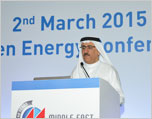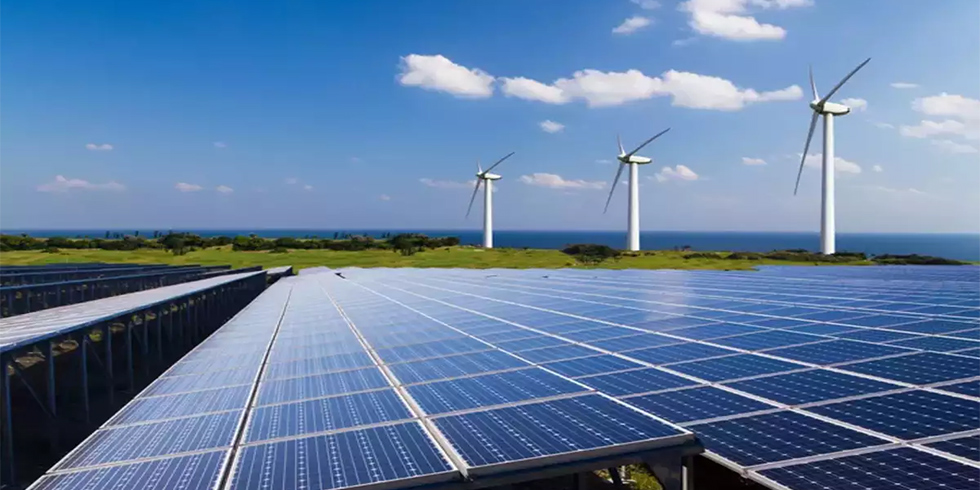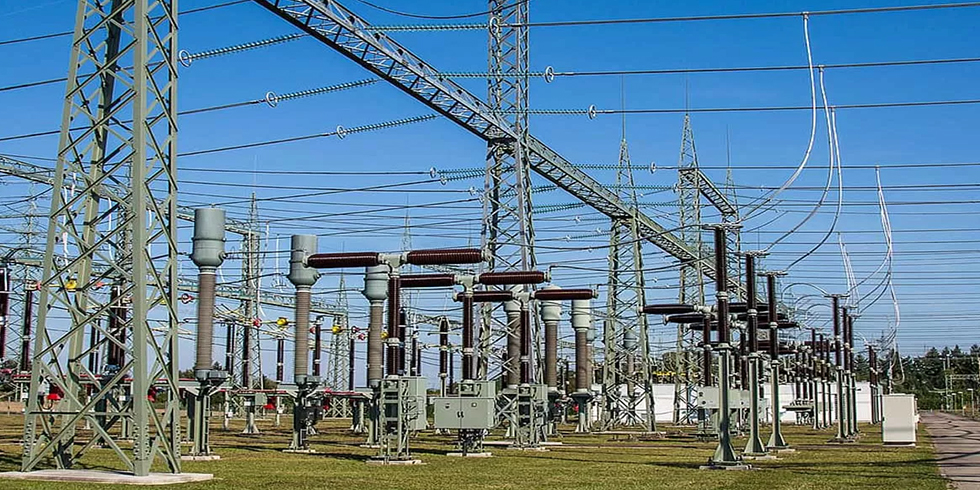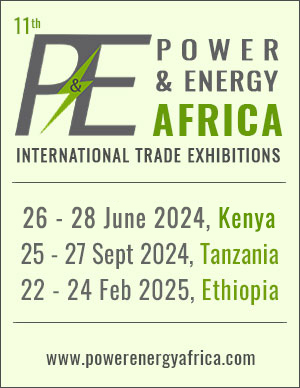Dubai, UAE, 3 March 2015: The Green Energy Conference, which took place on the first day of Middle East Electricity, was opened by H.E. Eng Abdulla Mohammed Rafia, Assistant Director General, Dubai Municipality, who discussed Dubai’s ambitious targets to improve energy efficiency and what solutions the government are looking at to satisfy the growing demand for electricity in the emirate.
“I’d like to speak about Dubai’s transformation and the initiatives that are being taken to transform Dubai into a smart, sustainable city.
The Dubai 2021 Plan has six major themes, all of which Dubai Municipality is involved in to some extent. The first order of theme is to align DM’s vision to the Dubai 2021 Plan, which means creating an excellent city which provides sustainable lessons of success and comfort of living. In order to do that, we have developed a roadmap to achieving a smart sustainable city, consisting of five aspects: An institutional framework, research and development, incentives programme, education and awareness,” said H.E. Eng Abdulla Mohammed Rafia.
Another ambitious programme is Dubai’s renewable energy target which has recently been tripled, from 5 per cent to 15 per cent, of total share from renewables in the energy mix by 2030.
Rafia outlined the importance of studies and research that is needed to make these plans viable; “In building the components of a smart city, Dubai Municipality is putting energy saving theories into practice. One example of this is the Khazzan sustainable energy park which opened this week and is 100 per cent energy efficient. Another example of a major sustainable project is the AED 1 billion Dubai Safari park. Furthermore, Dubai is also planning to build a completely sustainable smart city for 160,000 people, ‘Desert Rose.’” added Rafia.
Another highlight session of the day looked into combining traditional and alternative energy sources to create hybrid systems.Angus Jackson, Director of Business Development for Planetary Power explained that hybrid technology is bridging the gap between modern and traditional energy sources to produce economical and sustainable technology. In addition experts highlighted the growing importance of hybrid systems in several sectors, particularly telecommunications.
Currently there are 1.3 billion people in the world who do not have access to electricity, 600 million of whom are in Africa. According to experts, hybrid systems are able to address global electricity challenges because they combine multiple sources to deliver electric power, whilst still being relatively economical.
“In our lifetime we may never see multiple countries go 100 per cent renewable because at the moment it is just too expensive. A solution to that is hybrid. The one country that has is the Pacific Ocean island Tuvalu that has committed itself to being 100 per cent renewable and is spending 7 million NZD to do so,” said Richard Bird, Chairman of ComApand a participant of the panel discussion.
The Middle East Electricity Conference continues on 4 Marchwith the first ever conference agenda dedicated to commercial lighting.
Middle East Electricity and Solar Middle East 2015 are held under the patronage of His Highness Sheikh Maktoum bin Mohammed bin Rashid Al Maktoum, Deputy Ruler of Dubai. Opening times are from 10:00am to 6:00pm daily.











Add Comment